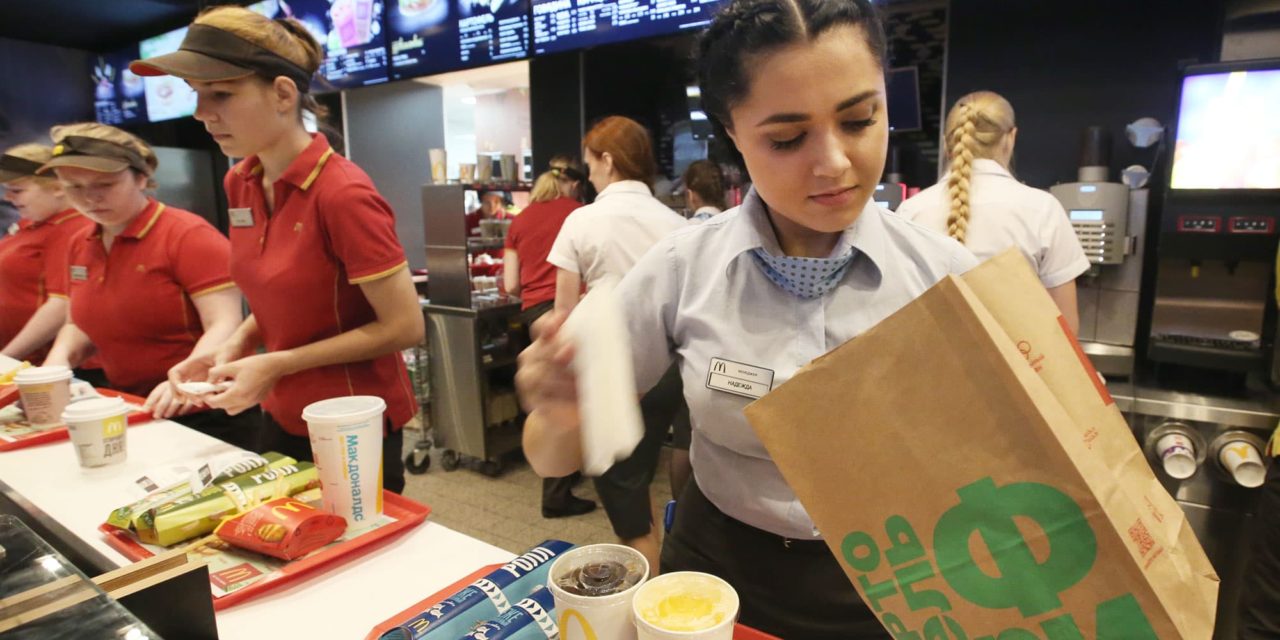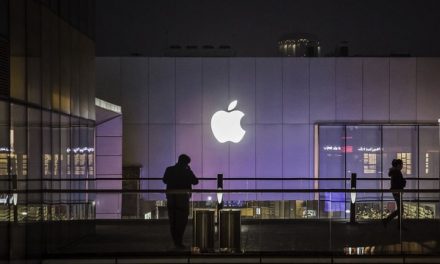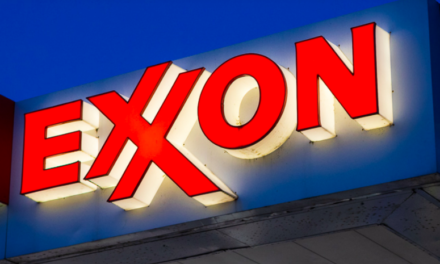Up until recently, the likes of McDonald’s and Starbucks have maintained their operations in Russia despite the escalating conflict between the country and neighboring Ukraine. This was seen as a stark contrast to the way big tech brands like Apple and Netflix have put their services in the country to a halt. In addition, high-street brands like Hermès and Louis Vuitton, once Meccas for the moneyed class, have shuttered their stores in light of the invasion.
But people need to eat, which is why fast-food franchises have stayed open over the past several weeks. Indeed, even big consumer brands like Coca-Cola, PepsiCo, and Mondelez International, which owns Kraft and Nabisco, continued their operations in the country despite mounting pressure for them to shut down their Russian facilities from both social media and their own investors and partners.
Are Franchise Holders Responsible?
One key reason why food businesses, particularly big-name global brands, are still open in Russia is that the decision to stop operations depends on local franchise owners’ discretion. Indeed, many Russian franchise owners seem to be unaffected by the political conflict happening around them.
However, as of Tuesday, March 8th, McDonald’s and Starbucks announced that they were shuttering all their shops in Russia. Coke and Pepsi also stated that the production of their soft drinks in the country would stop immediately. Experts say that their seeming indifference to the conflict prompted numerous protests on leading social media networks Facebook and Twitter, as well as from humanitarian groups working to help Ukrainian civilians impacted by the invasion.
A Taste of Democracy Fades
The closure of McDonald’s branches in Russia is seen as historically significant, seeing how it was the first western fast-food chain to set up shop in the country back in 1990. When it first opened, nearly 30,000 Russians stood in line for hours for their first taste of American burgers and fries – essentially, their first taste of food from a more democratic culture.
What is interesting to note here is that, unlike other chains like KFC and Pizza Hut, the majority of McDonald’s 847 stores in the country are directly owned by the American fast-food giant. This has prompted many to question why it took so long before the chain declared the closure of its Russian operations.
Pepsi has also kept mum regarding its business in Russia. Still, it has openly declared on its corporate website that it is the largest F&B enterprise in the country, and Russia makes up a full 4% of its global revenues. The company has also significantly invested millions into three manufacturing plants within the country.
Nevertheless, all these companies have stated that it is far too early to discuss how the invasion impacts their respective markets. But they all agree that everyone needs to keep an eye on the situation for now.















